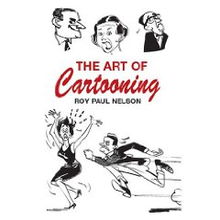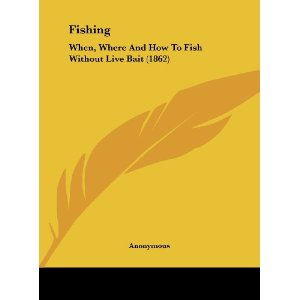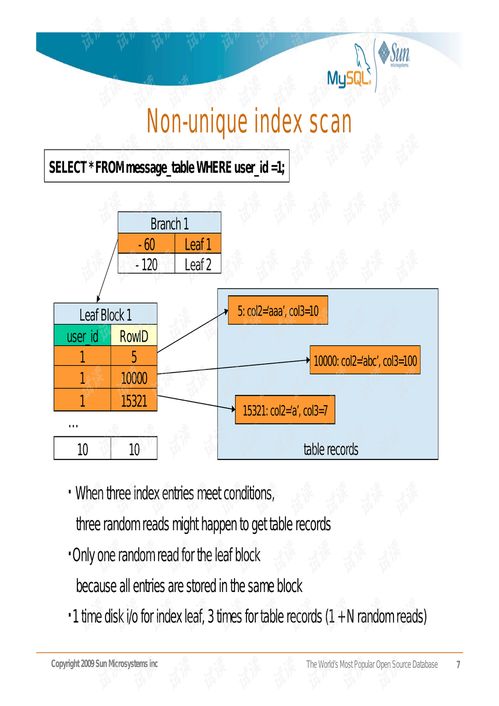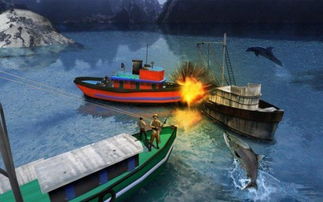Content:
Fishing, an age-old pastime, has captivated anglers worldwide with its serene beauty and the thrill of the catch. Whether you are a seasoned pro or a beginner, mastering the art of fishing involves understanding various techniques, and two crucial aspects are interpreting bait tickets and timing your casts. In this article, we will delve into these two key elements to help you become a more skilled angler.
Understanding Bait Tickets
Bait tickets, also known as fishing charts or bait logs, are invaluable tools for anglers. These documents provide information about the types of bait available in a particular area, their effectiveness, and the best times to use them. Here's how you can interpret bait tickets to improve your fishing experience:
Identify Local Bait Species: Bait tickets typically list the types of bait that are native to the fishing area. Understanding the local bait species is crucial because it helps you select the right lure or bait that the fish are naturally accustomed to.
Analyze Bait Effectiveness: Bait tickets often include data on the effectiveness of different baits. This information can be based on historical catches, fish surveys, or expert opinions. By analyzing this data, you can make informed decisions about which baits to use.
Consider Seasonal Variations: Bait tickets usually provide information on how bait effectiveness varies with the seasons. For instance, certain baits may be more effective during specific months or when the water temperature reaches a certain level. Keeping track of these seasonal variations can significantly improve your chances of success.
Learn from Expert Opinions: Many bait tickets include insights from local fishing experts. Pay attention to their recommendations, as they can offer valuable advice based on years of experience.
Timing Your Casts
Timing your casts is an essential skill that can make the difference between a successful catch and an empty rod. Here are some tips to help you master the timing of your casts:
Study the Water: Observe the water's surface for any signs of fish activity. Look for ripples, disturbances, or fish feeding patterns. These cues can indicate the best time to cast.

Wind Conditions: Wind can affect the way your bait moves through the water. Cast into the wind to create a natural drift, or use the wind to your advantage to cover more water if you're fishing in a large area.
Use a Fish Finder: A fish finder can help you locate fish and determine the best depth to cast. By analyzing the sonar readings, you can time your casts to reach the fish's level.
Practice Casting: Like any skill, casting requires practice. Spend time honing your casting technique to improve your accuracy and timing. The more you practice, the better you'll become at sensing when to cast.
Adapt to the Fish's Behavior: Different fish species have different feeding patterns. By understanding the behavior of the fish you're targeting, you can better time your casts to coincide with their most active periods.
Combining Bait Tickets and Casting Timing
To become a master angler, it's essential to combine the insights from bait tickets with your casting timing. Here's how you can do it:
Plan Your Trip: Before heading out, review the bait tickets for the area you plan to fish. Note the recommended baits and the best times to use them.
Adjust Your Strategy: Based on the bait tickets, adjust your bait selection and the timing of your casts. For example, if the ticket suggests that live bait is most effective during early morning, plan to arrive early and cast accordingly.
Stay Flexible: While bait tickets and timing are valuable tools, remember that fishing is unpredictable. Stay flexible and be prepared to adapt your strategy based on real-time observations.
Keep Learning: The more you fish, the more you'll learn about bait effectiveness and casting timing. Keep a journal of your experiences and refine your techniques over time.
In conclusion, mastering the art of fishing involves understanding bait tickets and timing your casts. By interpreting the information provided in bait tickets and honing your casting skills, you can significantly improve your chances of success on the water. So, grab your rod, study the bait tickets, and practice your casting – the fish are waiting!












